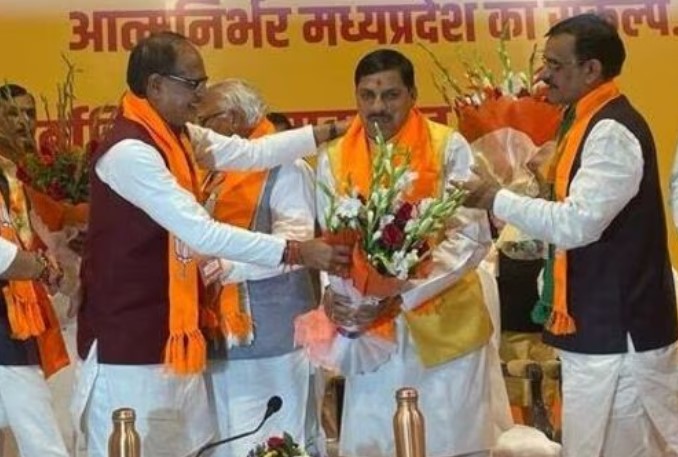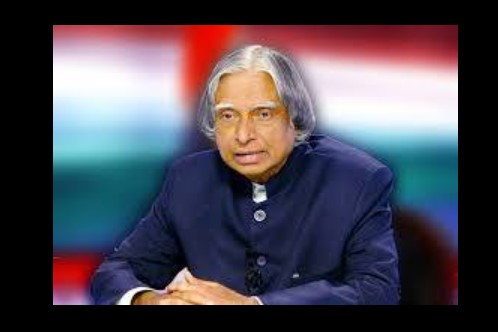In a dramatic resolution to the leadership suspense, the BJP legislative party has officially declared Mohan Yadav as the new Chief Minister of Madhya Pradesh. The announcement, stemming from days of intense deliberations following the BJP’s resounding victory in the assembly elections, marks a surprising turn in the state’s political landscape.
Mohan Yadav’s ascent to the top post has come as a surprise to many, considering several prominent contenders in the race, including Shivraj Singh Chouhan, Prahlad Patel, Narendra Tomar, Kailash Vijayvargiya, VD Sharma, and Jyotiraditya Scindia.
The Bharatiya Janata Party (BJP) secured a substantial win in the November 17 polls, clinching 163 out of the 230 assembly seats, relegating the Congress to a distant second with 66 seats.
Yadav’s political journey is marked by his dedicated association with the BJP since 1984. His wife, expressing gratitude for the party’s support, attributed his success to the blessings of Bhagwan Mahakal, emphasizing his regular visits to Ujjain to offer prayers.
Unveiling details about the newly-appointed Chief Minister Mohan Yadav
- Mohan Yadav, representing the Ujjain Dakshin constituency, has been a consistent member of the Madhya Pradesh legislative assembly since 2013.
- His continuous victories in the 2013, 2018, and 2023 elections from the same constituency underscore his strong electoral support.
- Yadav served as a cabinet minister in Shivraj Singh Chouhan’s government since 2020, showcasing his experience and political acumen.
- His recent electoral triumph in 2023, with a substantial margin of nearly 13,000 votes, further solidifies his position within the state’s political spectrum.
Echoing the sentiment of joy and surprise, Mohan Yadav’s sister expressed immense happiness over his elevation, attributing his success to the fruits of his unwavering dedication and hard work.
As Mohan Yadav assumes the mantle of leadership in Madhya Pradesh, his journey resonates with dedication, experience, and a strong backing from both the party and constituents, setting a new trajectory for the state’s governance.






